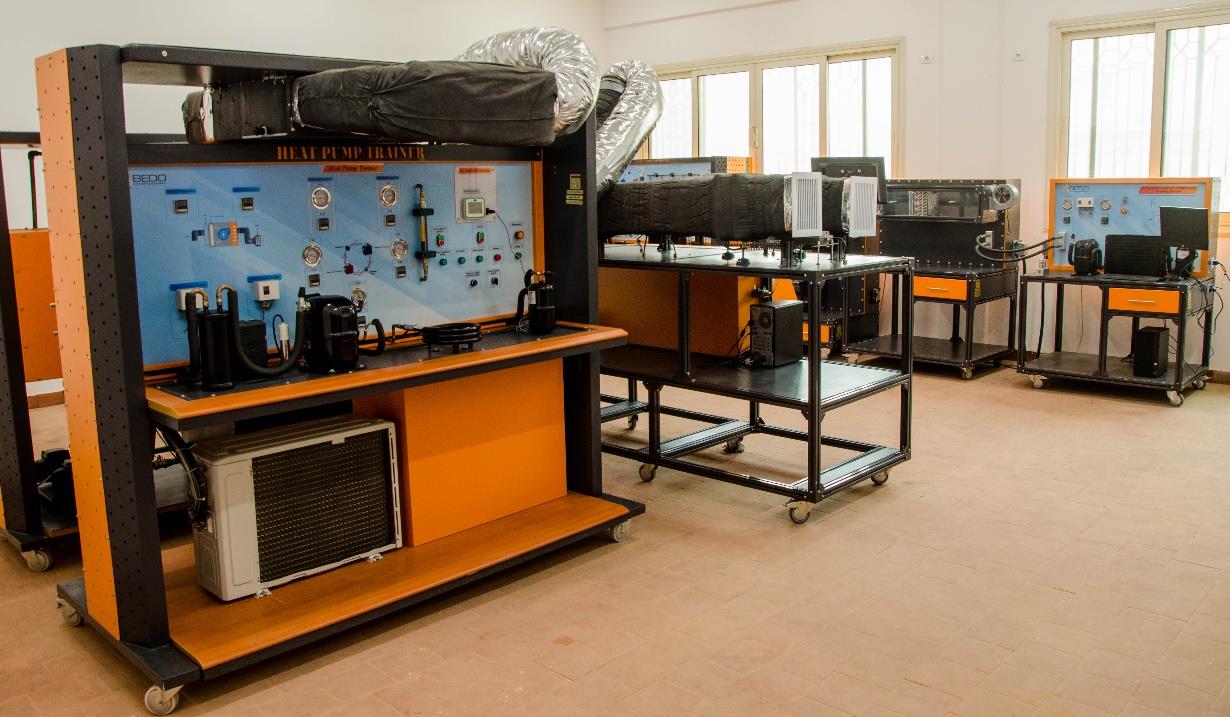
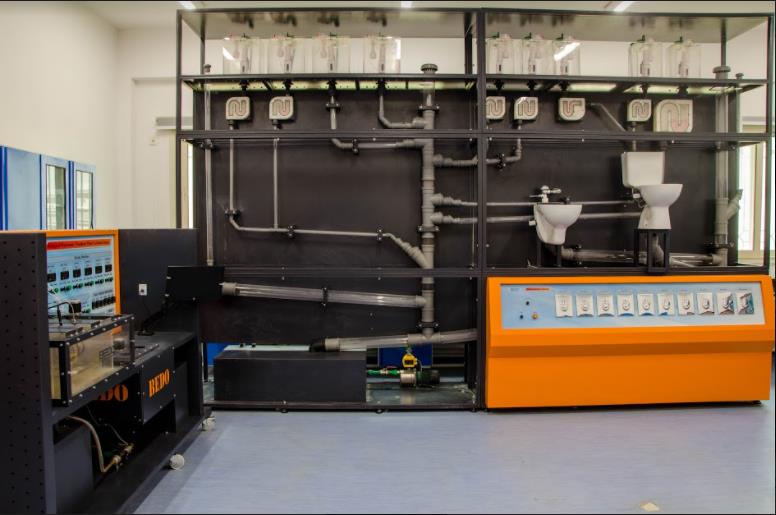
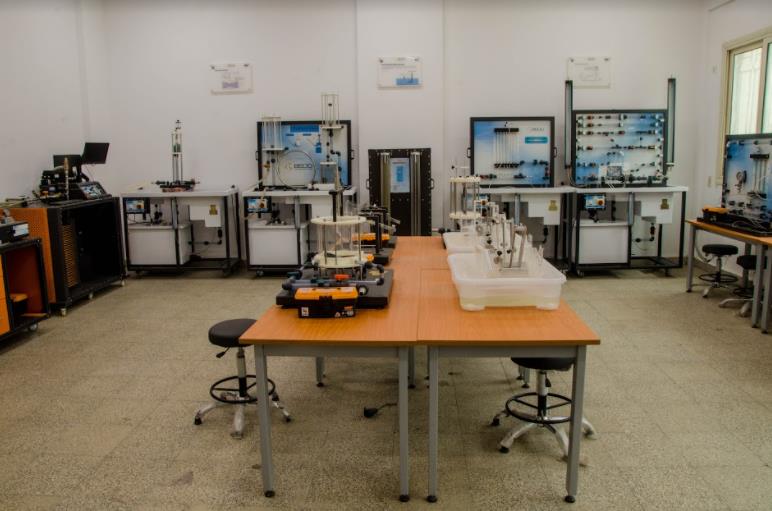
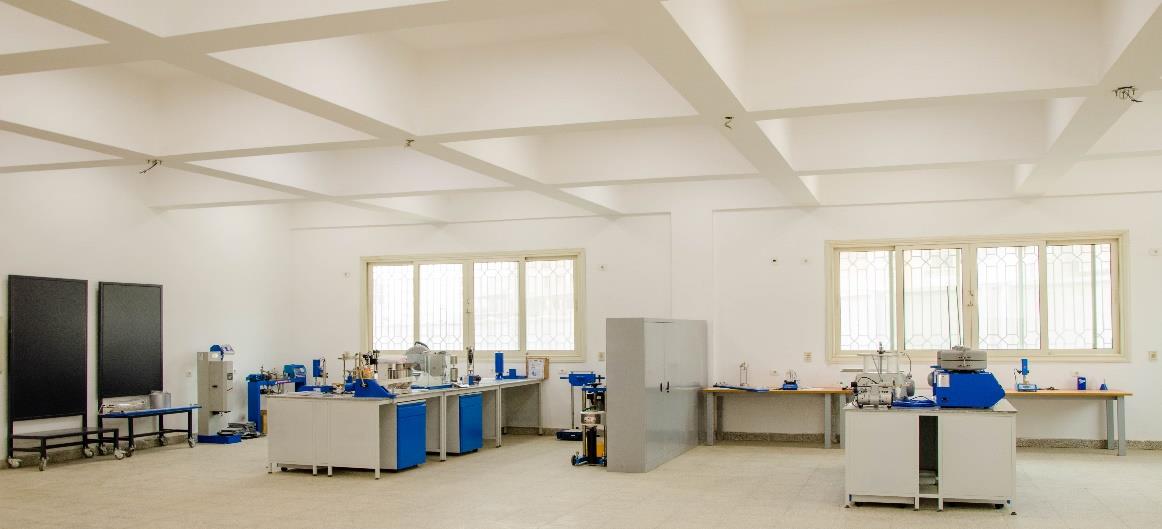
Soil mechanics is a branch of soil physics and applied mechanics that describes the behavior of soils. It differs from fluid mechanics and solid mechanics in the sense that soils consist of a heterogeneous mixture of fluids (usually air and water) and particles (usually clay, silt, sand, and gravel) but soil may also contain organic solids and other matter. The students perform basic experiments in soil mechanics and design and carry out tests to solve a specific problem.
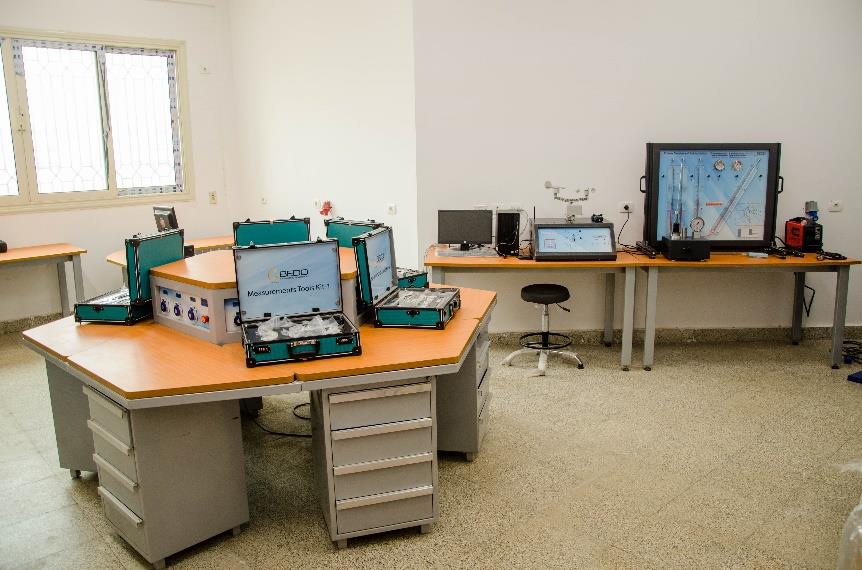
The purposes of measurement can be categorized as measurement being in the service of quality, monitoring, safety, making something fit (design, assembly), and problem solving. We should note that measurement sometimes serves multiple purposes the following are included in this lab -Wireless Temperature Sensors, Type K Temperature, Absolute Pressure \Fast Response Temperature Sensor, Relative Pressure Sensor, General Flow Sensor with Venturi Tube sensor, Infrared Light Sensor,
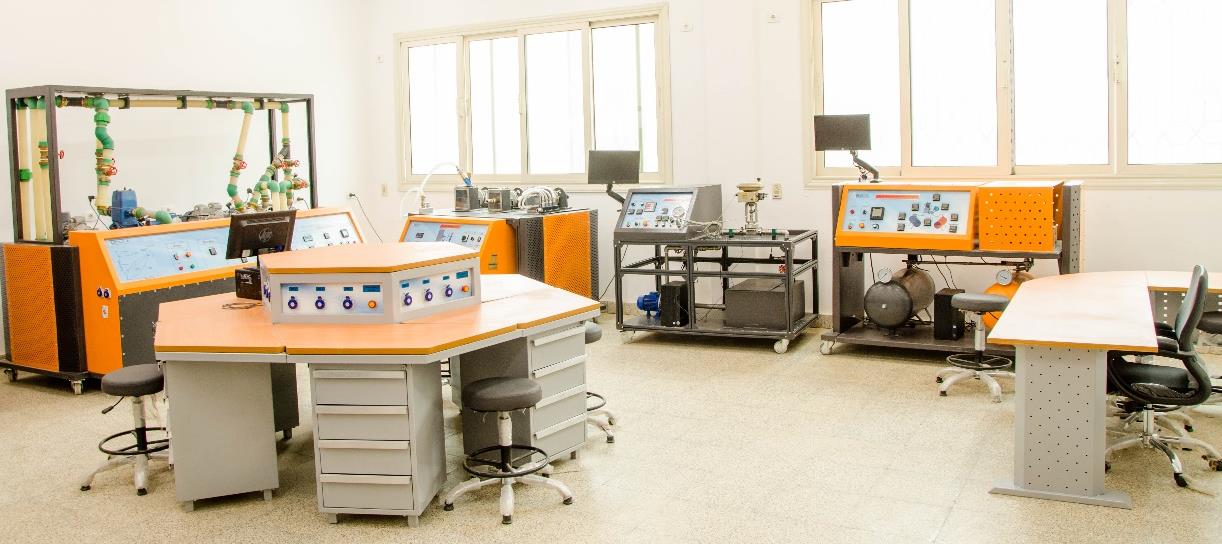
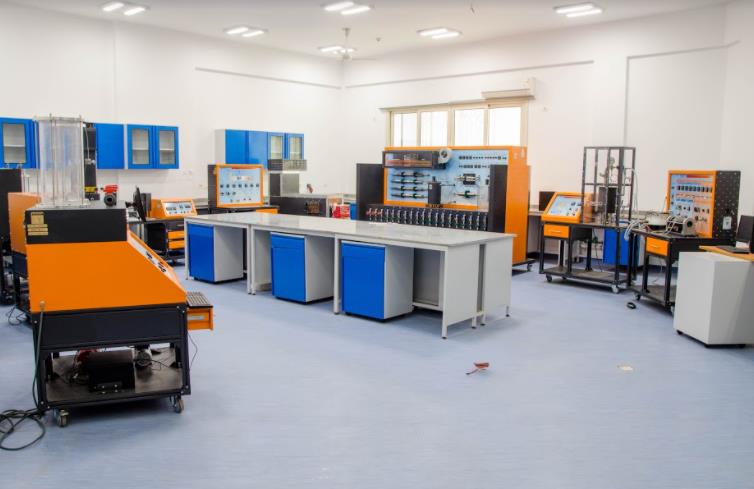
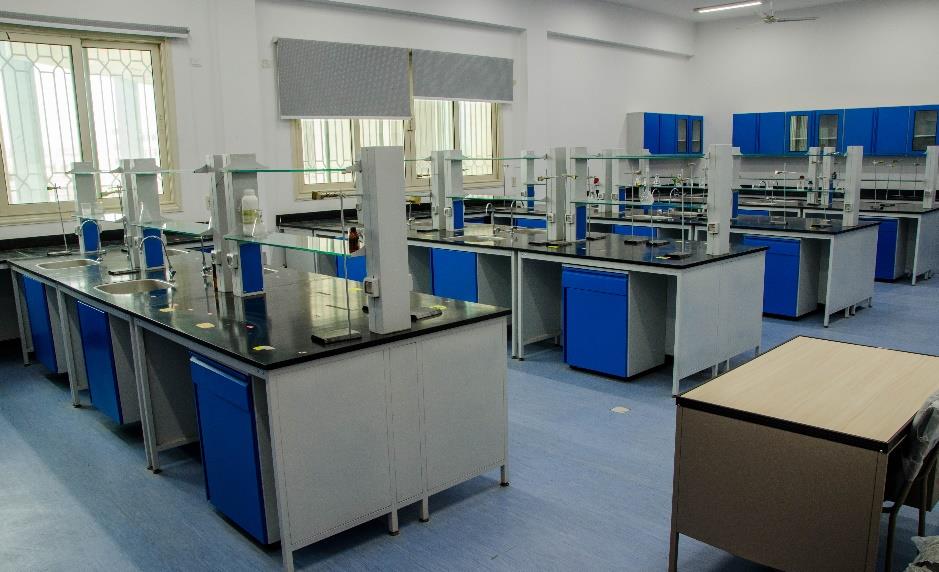
The general chemistry lab is equipped with required laboratory tools and chemicals that necessary for conducting experiments that help in understanding the general chemistry 1 course. In this lab, experiments focusing on the main concepts for understanding matters, their classifications and their properties at all
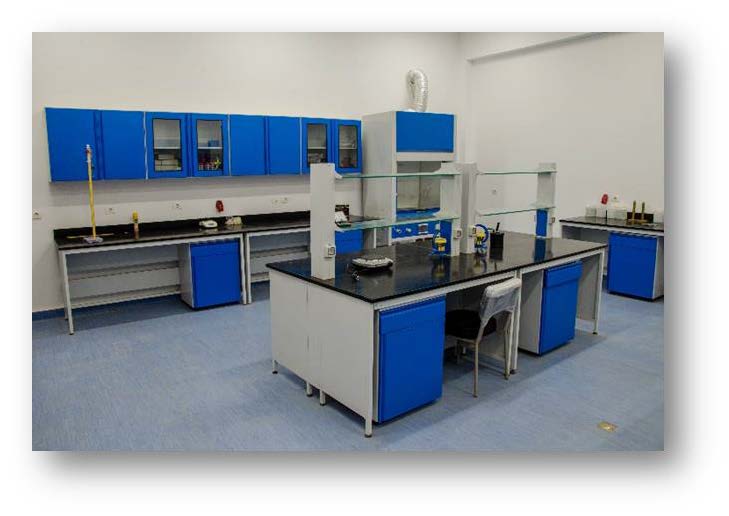
This lab contains Varity of experiments relate to the theoretical course that is taught to students in PHM0102 and PHM0206. Students learn how measure physical quantities and analyze the data., in addition to calculate the percentage error and difference. These experiments focus on mechanics, heat, and fluids, where student perform an experiment every week.

Mechanical Engineering Workshop is a place where students acquire knowledge on the operation of various processes involved in manufacturing and production. The Workshop Practice course makes students competent in handling practical work in engineering environment
